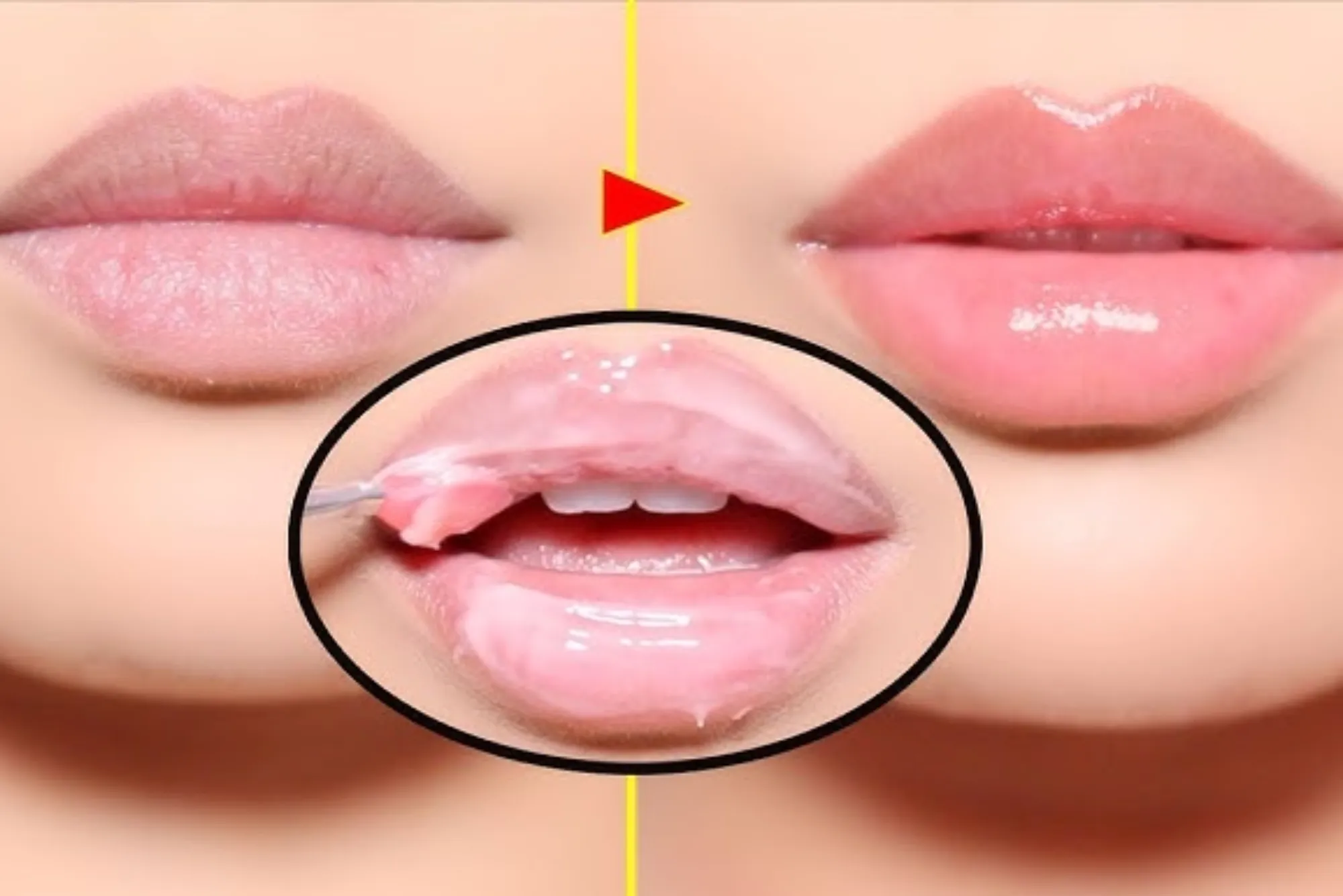A housing bubble occurs when property prices rise rapidly to unsustainable levels, driven by factors such as speculative buying, easy credit, and market optimism. Housing bubbles are often followed by a sharp decline in property values, leading to financial strain for homeowners and investors. Understanding what causes a housing bubble can help homebuyers, investors, and policymakers prevent or manage these situations effectively.
In this article, we’ll explore the key causes of a housing bubble, how they affect the economy, and what you can do to protect yourself from getting caught in one. Additionally, we’ll discuss how financial tools like the fab bank credit card and emirates nbd personal loan can help you navigate the financial aspects of real estate and avoid the risks of a housing bubble.
What is a Housing Bubble?
A housing bubble refers to a situation where housing prices increase rapidly and become overvalued relative to the market’s long-term trend. These price increases are often driven by speculative demand, where buyers purchase homes with the expectation that prices will continue to rise. However, once the bubble bursts, property values can plummet, leaving many homeowners with negative equity—meaning they owe more on their mortgage than the property is worth.
1. How Housing Bubbles Form
Housing bubbles typically form when demand for real estate outstrips supply, leading to price increases that are not supported by the underlying economic fundamentals. As more people buy into the market, driven by optimism and low-interest rates, home prices rise even further, creating a feedback loop that amplifies the bubble.
Key Causes of a Housing Bubble
Several factors contribute to the formation of a housing bubble. Understanding these factors can help you identify warning signs and avoid the pitfalls associated with overinflated real estate markets.
1. Easy Access to Credit
One of the main drivers of a housing bubble is easy access to credit. When lenders loosen their lending standards and offer mortgages to borrowers with low credit scores or high levels of debt, it becomes easier for people to purchase homes they can’t afford. This increased access to credit fuels demand for housing, driving prices up.
In the past, risky lending practices, such as subprime lending, played a significant role in the formation of housing bubbles. When lenders issue loans to borrowers who are likely to default, it increases the likelihood of a housing market collapse once those borrowers fail to make their payments.
Fab Bank Credit Card
During times of economic uncertainty or when purchasing a home, managing your finances carefully is crucial. Financial products like the fab bank credit card can help you manage your expenses by offering rewards and cashback on your purchases. If you need to make additional purchases, such as furniture or home renovations, a credit card with good terms can be a useful financial tool.
Using a fab bank credit card responsibly can allow you to manage your finances effectively, especially when you need to cover additional costs while waiting for your property purchase to go through. Just be mindful of your credit utilization to avoid accumulating debt that could strain your finances during a housing bubble.
2. Speculative Investment
Another key factor in housing bubbles is speculative investment. When property prices are rising rapidly, many investors see this as an opportunity to buy homes with the expectation that they can quickly sell them for a profit. This speculative behavior can drive prices up even further, creating a cycle of increasing demand and escalating prices.
As more investors flood the market, the housing bubble grows larger, and the risk of a crash increases. When prices eventually peak, and the demand starts to slow, many investors may attempt to sell their properties all at once, which can cause prices to fall sharply.
3. Favorable Economic Conditions
Low interest rates, strong economic growth, and a low unemployment rate can create favorable conditions for a housing bubble. When interest rates are low, borrowing is cheaper, making it easier for people to purchase homes. Economic growth and low unemployment give potential buyers more confidence in their ability to afford mortgage payments, further driving demand.
However, these favorable economic conditions can be short-lived. If the economy slows down or interest rates rise, the market can quickly shift from a bubble to a burst.
The Impact of a Housing Bubble
When a housing bubble bursts, it can have serious consequences for both homeowners and the economy. Here’s how a housing bubble can impact your finances:
1. Declining Property Values
The most immediate effect of a housing bubble burst is a sharp decline in property values. When this happens, homeowners may find themselves in a situation where they owe more on their mortgage than their home is worth. This is known as negative equity, and it can be financially devastating for those who are unable to sell their property at a profit.
2. Increased Foreclosures
As property values decline, many homeowners who are unable to make their mortgage payments may face foreclosure. This can lead to a rise in foreclosure rates, which further depresses property values and exacerbates the housing crisis.
3. Economic Slowdown
A housing bubble burst can also have a ripple effect on the broader economy. As home values decline, consumer spending may decrease, and businesses may struggle. The financial sector may also be affected if banks are holding bad loans, leading to tighter credit conditions and further slowing economic growth.
Emirates NBD Personal Loan
If you’re feeling the effects of a housing bubble or need financial assistance during the home-buying process, an Emirates NBD personal loan could help. Personal loans can provide a cushion for managing unexpected costs, such as repairs or adjustments in your housing budget, especially if you’ve been impacted by property value fluctuations.
With flexible repayment terms and competitive interest rates, an Emirates NBD personal loan can help you manage debt and ease the financial burden during uncertain times. Whether you need funds for home renovations or to help cover other expenses, a personal loan can be a useful tool in stabilizing your finances.
How to Protect Yourself from a Housing Bubble
While it’s impossible to predict when a housing bubble will occur, there are steps you can take to protect yourself and your finances from its impact.
1. Don’t Overextend Yourself
One of the best ways to avoid the risks of a housing bubble is to avoid overextending yourself financially. It’s tempting to buy a more expensive home when the market is booming, but making sure that your mortgage payments are affordable and your debt-to-income ratio remains healthy is key to staying financially secure.
2. Diversify Your Investments
Rather than putting all your money into real estate during a housing boom, consider diversifying your investments. This reduces your exposure to a single asset class and provides you with a safety net in case the housing market takes a downturn.
3. Do Your Research
Before buying a home, carefully research the market conditions and make sure the property you’re purchasing is reasonably priced. It’s essential to consider the long-term value of the property and not just its current price.
Conclusion
A housing bubble can have significant effects on the real estate market and the broader economy, but understanding what causes it and how to protect yourself can help you navigate the risks. By avoiding speculation, keeping your mortgage payments affordable, and diversifying your investments, you can reduce your exposure to the risks of a bubble.
Financial tools like the HSBC Select credit card and the Emirates NBD personal loan can help you manage your finances effectively, even during uncertain times. Whether you’re buying a home or managing the impacts of a housing bubble, being financially prepared will help you navigate the market with confidence.









